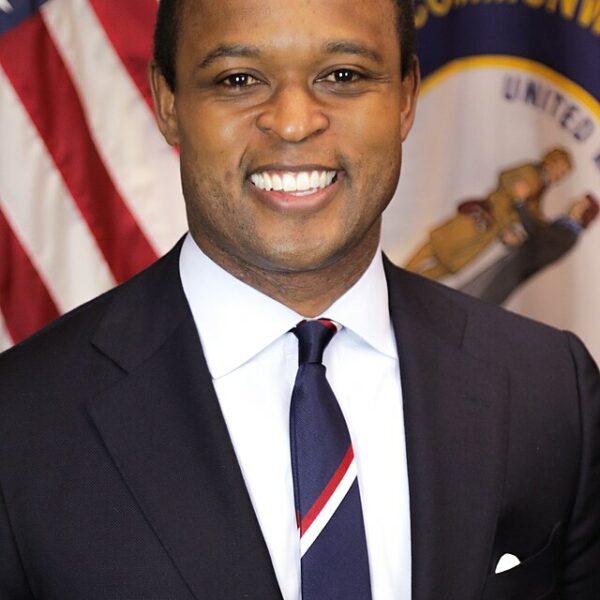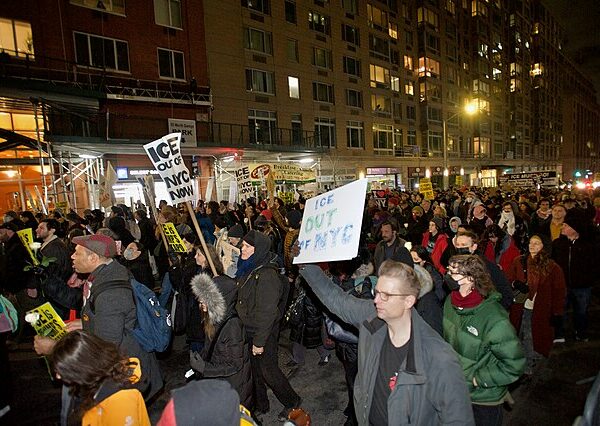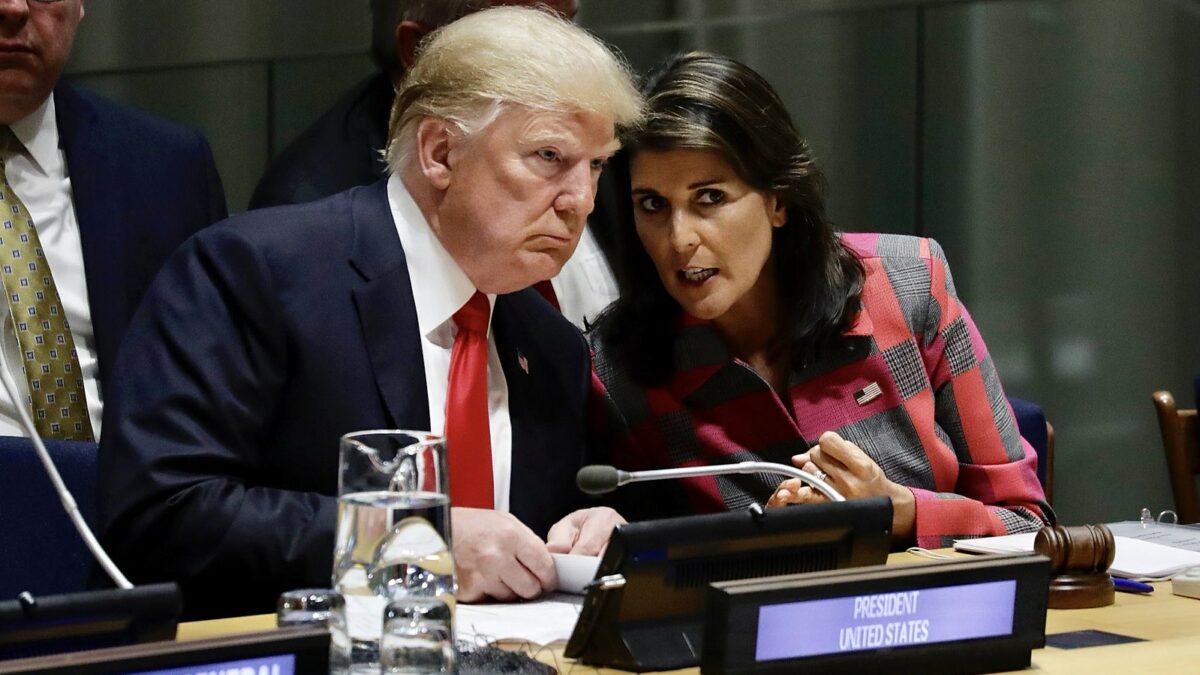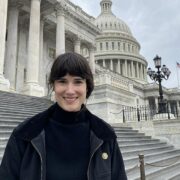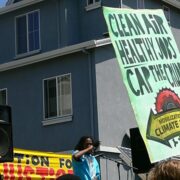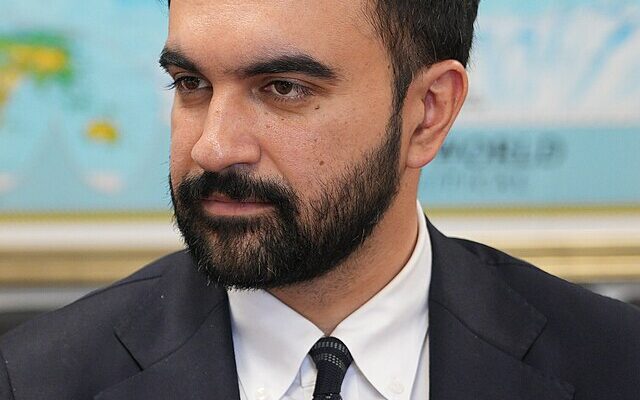
As violent crime dominates the mayoral race, Democratic nominee Zohran Mamdani faces a growing backlash—not for something he did, but for what he refused to do. A 2013 college essay resurfaced this week showing Mamdani, then studying Arabic in Cairo, witnessing sexual assaults during Egypt’s anti-government protests and choosing not to assist the women under attack. His reason? He decided, as he wrote, that “the last thing Egyptians needed was a well-meaning foreigner’s assistance.”
That single sentence has become a moral indictment. To some, it exposes a candidate more eager to protect his image as a “woke” observer than to defend women in danger. To others, it raises a deeper question: if he could rationalize inaction amid violence abroad, how will he confront crime at home?
The essay, titled “Bearded in Cairo” and written in the Bowdoin Orient on August 6, 2013, described how Mamdani watched demonstrations erupt against Egypt’s Islamist regime. “Although I saw many women at the protest, and at protests in the days ahead, they had to contend with the very real threat of sexual harassment and assault, especially at night,” he wrote. He even named two volunteer groups, @OpAntiSH and @TahrirBG_DWB, that were intervening to stop assaults—before explaining that he thought of helping but ultimately decided against it.
A review by 77 WABC, published Monday, cast Mamdani’s decision as evidence of moral paralysis dressed in progressive language. “He declined to intervene not because of concerns about his own personal safety, or legalities, but rather because he concluded that ‘the last thing Egyptians needed was a well-meaning foreigner’s assistance,’” the station reported. Critics now say what Cairo didn’t need then is exactly what New York doesn’t need now: a mayor who hides behind ideology when duty calls.
It probably explains his response to the atrocities in Israel after October 7, as well.
This is Zohran Mamdani's statement about October 7, 2023 the day after the largest single-day slaughter of Jews – babies, children, young adults, elderly – since the Holocaust. Mamdani clearly blames Israel for the atrocities and war crimes of torture, rape, and murder by Hamas -… pic.twitter.com/lXchsCbb1V
— Adam Mossoff (@AdamMossoff) June 26, 2025
The New York Post editorial board sharpened that criticism last week, accusing Mamdani of “anti-blue bigotry” after he proposed transferring police disciplinary powers from the commissioner to the Civilian Complaint Review Board—a body the Post described as “anti-police” and “dominated by activists.” “It’s a terrible fix for a problem that doesn’t exist,” the board wrote, warning that his plan would “lead to worse policing, and so more crime.” Mamdani’s remarks that the CCRB should be “the final voice of the question of accountability,” the paper argued, would create a “rookie-heavy force more likely to make mistakes” as seasoned officers flee a system stacked against them.
The Post also reminded readers of Mamdani’s earlier rhetoric, when he smeared the NYPD as “racist, anti-queer & a major threat to public safety.” He has never retracted those words. The paper concluded bluntly: “If New Yorkers want an effective police force to control crime, their only hope is to keep Zohran Mamdani far away from City Hall.”
The controversy lands at a perilous moment for New York City. Polls show crime is the number one issue for three-quarters of voters, with Mamdani holding a 20-point lead over former Governor Andrew Cuomo and far ahead of Republican Curtis Sliwa. Yet Mamdani’s record—attacking police, supporting defunding efforts, and pushing to eliminate cash bail—has given ammunition to rivals who call him dangerously naïve. Cuomo warned last week on The View that a Mamdani victory would be “a gift” to President Trump, inviting federal intervention in city policing.
The 77 WABC report comes following the revelation that Mamdani employed a former aide convicted in 2014 of soliciting sex from a minor—another decision his campaign has not explained. Add to that his advocacy for decarceration and full decriminalization of prostitution, and the picture grows darker. When asked previously whether rapists or traffickers deserve prison, Mamdani described incarceration itself as a means of “propping up the exploitation of the market.”
While Mamdani speaks of compassion and systemic injustice, his record increasingly suggests a pattern: when confronted with violence, he theorizes instead of acts. In Cairo, it was the mob in Tahrir Square. In New York, it is a city where subway assaults, shoplifting, and random attacks have left residents fearful.
For all his promises—free buses, frozen rents, and universal childcare—Mamdani has yet to articulate how his moral framework, one that balked at defending women in peril and brands police as villains, will translate into defending citizens in crisis.
[Read More: Classified Memo Lays Out ‘War’ Plans]

